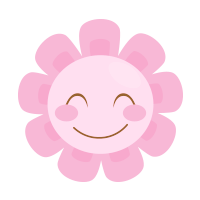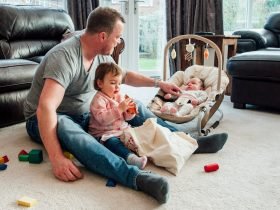Acne in Babies: What to Look for and How to Treat It

I was naturally concerned when I observed my second daughter’s skin had dry, red, and inflammatory spots when she was born. “How do I know what I’m looking at?” I was perplexed. I wanted to know if she had acne, eczema, or an allergic reaction. My husband and I felt it was time to ask her doctor to check into it further after she hit the six-week mark and her red, itchy skin continued to upset her and even keep her awake at night.
Our daughter was discovered to have eczema as well as a dairy and gluten allergy. However, some children with red, itchy skin are suffering from infant acne, often known as neonatal acne. It can be difficult to discern what your infant is suffering from, as it is with many skin conditions. However, baby acne is very frequent. So here’s the skinny on this frequent skin ailment and what you can do to make it go away.
What is Acne in Babies?
Neonatal acne (baby acne) is a common condition that appears as little red bumps or pimples on the face and torso, is usually temporary, and does not require treatment. It is a largely innocuous skin disorder that affects about 20% of babies and usually disappears on its own.
What Causes Acne in Babies?
Baby acne is thought to be caused by a lack of gut flora, which can be addressed by taking probiotic supplements or eating probiotic-rich meals (for a list of probiotic-rich foods, see “How Is Baby Acne Treated” below). This is because the intestines and the skin are inextricably linked. According to research, residual maternal hormones from birth may be present in your baby’s system, resulting in a short-term rise in oil production.
What are the Signs and Symptoms of Acne in Babies?
Around the bumps, you may notice red bumps, pimples, white pustules, whiteheads, or reddish skin. On your baby’s face, cheeks, chin, forehead, eyelids, upper back, chest, or neck, you may notice them forming. Rough textiles or harsh detergents can irritate your baby’s skin or worsen the acne. As a result, make sure to use sensitive-skin detergents. Also, because heat can aggravate skin issues, make sure your kid is well-ventilated and wearing no scratchy or irritating clothing.
What Is the Treatment for Baby Acne?
It is advised not to disrupt the pimples because infant acne is safe and normally clears up within three months without leaving any scars. Keep your baby’s skin clean and dry, but be gentle while washing and treating it. The largest organ on your baby’s body is the skin, which acts like a sponge. Your kid will ingest anything that comes into contact with his or her skin.
According to research, increasing your baby’s and your own probiotics strengthens the gut, which is linked to better skin conditions. The following are some natural sources of probiotics that you can find at your local grocery store or online:
Sauerkraut, yoghurt, kefir, kimchi, fermented veggies, and miso are all examples of fermented foods.
Probiotics are also available over-the-counter in pill or liquid form.
What’s the Difference Between Infantile Acne and Baby Acne?
Blackheads aren’t a symptom of baby acne, which is different from infantile acne. It usually manifests as little red or white bumps or pimples. Infantile acne, which is considerably less frequent than baby acne and can linger until your child is two years old, can also cause cysts and nodules.
What Causes Acne in Children?
Infantile acne can be caused by testosterone, which produces a temporary increase in the activity of the skin’s oil glands. Acne may occur in certain young children as a result of this.
What is the Treatment for Infantile Acne?
To discover what is best for your child, consult a doctor, naturopath, or skin care specialist. Topical treatments such as benzoyl peroxide, retinoid cream, or antibiotic gel are commonly used to treat infantile acne, but they should only be administered under the supervision of a medical practitioner. If the problem is severe, oral therapies such as antibiotics (erythromycin) or isotretinoin may be required. These will aid in the prevention of scars that will last a lifetime.
Despite the fact that our daughter has eczema rather than baby acne or infantile acne, we had the most success treating her skin condition with the help of a local naturopathic doctor. She provided nutrients and topical treatments that helped our daughter’s skin settle down and heal her condition considerably more effectively than any conventional medications we had tried previously.
Home Remedies for Treating Acne in Babies
A list of gentle baby soaps can be used to keep your baby’s skin clean and dry, as well as some natural tried-and-true therapies to help reduce the symptoms of your baby’s acne.
Calendula Oil (Calendula Officinalis)
This plant-based oil is made from marigold flowers and has antifungal, anti-inflammatory, and antibacterial properties that help to soothe and prevent infection in babies with acne.
Apple Cider Vinegar is a vinegar made from apples.
For centuries, apple cider vinegar has been a popular at-home remedy. Using a cotton ball, carefully apply equal parts apple cider vinegar and water to the afflicted area of your baby’s skin. You can also give your baby a gentle bath to clean his or her entire body. Regularly run the bathwater (lukewarm) and add a cupful of apple cider vinegar and lukewarm water, but avoid over-washing your baby’s skin as this may irritate it further.
Hazel, the Witch
Try diluted witch hazel on your baby’s acne to help reduce irritation. For instructions on how much to dilute the solution, consult your child’s doctor. Then soak a cotton ball in the solution and apply it to your baby’s dermis’s damaged spots.
Gel of Aloe Vera
Choose a genuine aloe vera with no extra chemicals or additives. Before applying, test a small area of their skin. Aloe vera has medicinal and therapeutic characteristics that can help your baby’s acne by reducing redness and irritation. Aloe vera also hydrates without leaving a greasy residue.
Warm Water & Mild Soap
Dermatologists recommend that you keep your baby’s face and other acne-prone areas clean and dry. To keep the region clean, they suggest using lukewarm to warm water and light soap. Consider the following suggestions: 12 gentle baby soaps that are highly recommended for baby’s skin.

























Leave a Reply
View Comments